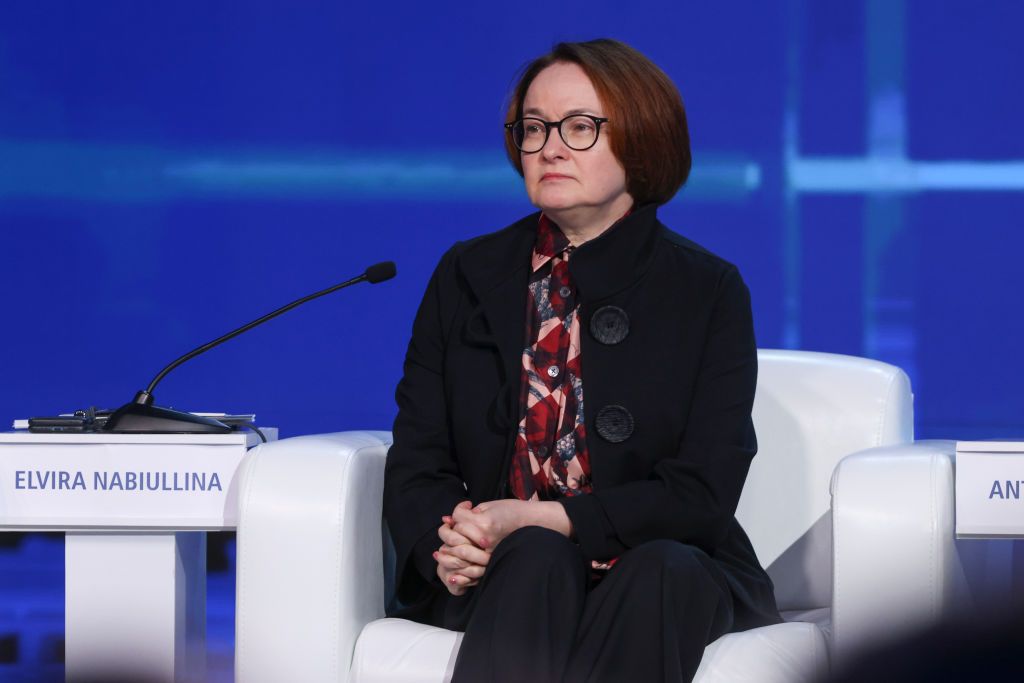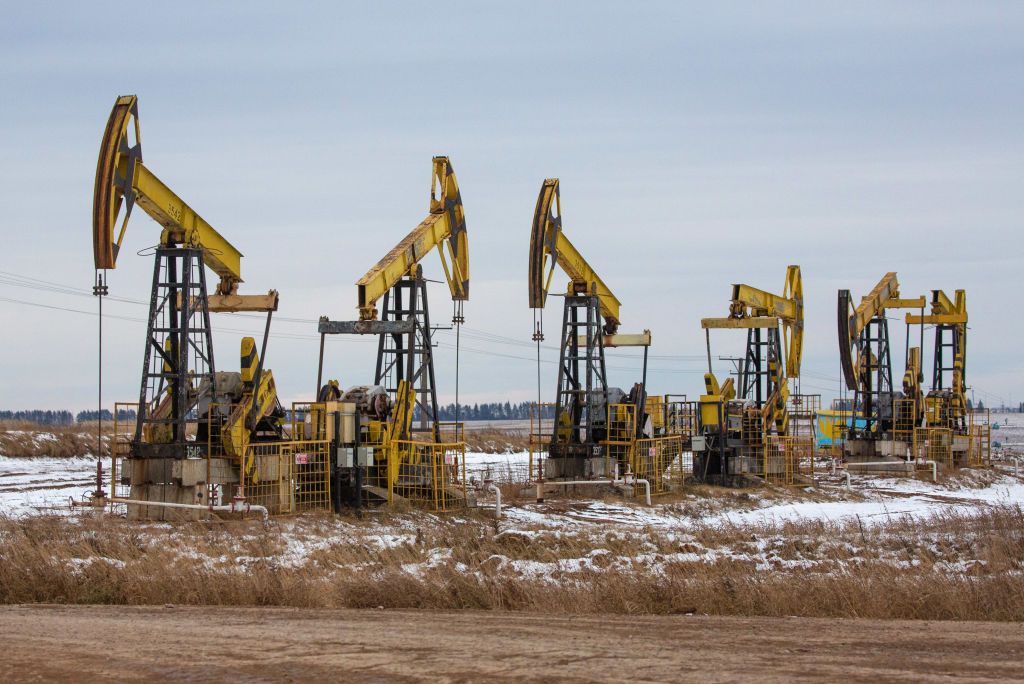Russian and Kazakh oil shipments to Hungary, Slovakia, Czechia, and Germany via the Druzhba pipeline have been halted since Dec. 19 due to technical issues at a Russian pumping station, Reuters reported, citing anonymous sources.
The Druzhba pipeline, one of the world’s largest with a capacity of 2 million barrels per day (bpd), is a critical conduit for oil from Russian fields to European refineries.
Transneft, the Russian state-owned pipeline operator, identified a problem at the Unecha pumping station in Russia’s Bryansk Oblast, near the Belarusian border.
Belarus' Belneftekhim confirmed the disruption to oil supplies via Druzhba to the Belarusian state-owned news agency Belta, stating that Belarusian refineries are relying on stored reserves to continue operations.
The halt affects its southern branch, which had been transporting 300,000 bpd to EU countries granted exemptions from the EU's ban on Russian pipeline oil.
These countries include Hungary, Slovakia, and Czechia, which rely on Russian supplies.
Sources told Reuters that oil deliveries from Russia's western ports — Novorossiisk, Ust-Luga, and Primorsk — remain unaffected, and Druzhba's oil could be rerouted to these ports.
While one source suggested the issue might be resolved within days, another indicated that the suspension could last until the end of December.
The EU has largely phased out Russian oil imports following Moscow's full-scale invasion of Ukraine.
However, the Druzhba pipeline’s southern branch remains active under exemptions for certain Central European countries.
The northern branch primarily transports Kazakh crude oil to Germany via Poland's Gdansk port, as Poland ceased importing Russian pipeline oil in early 2023.














